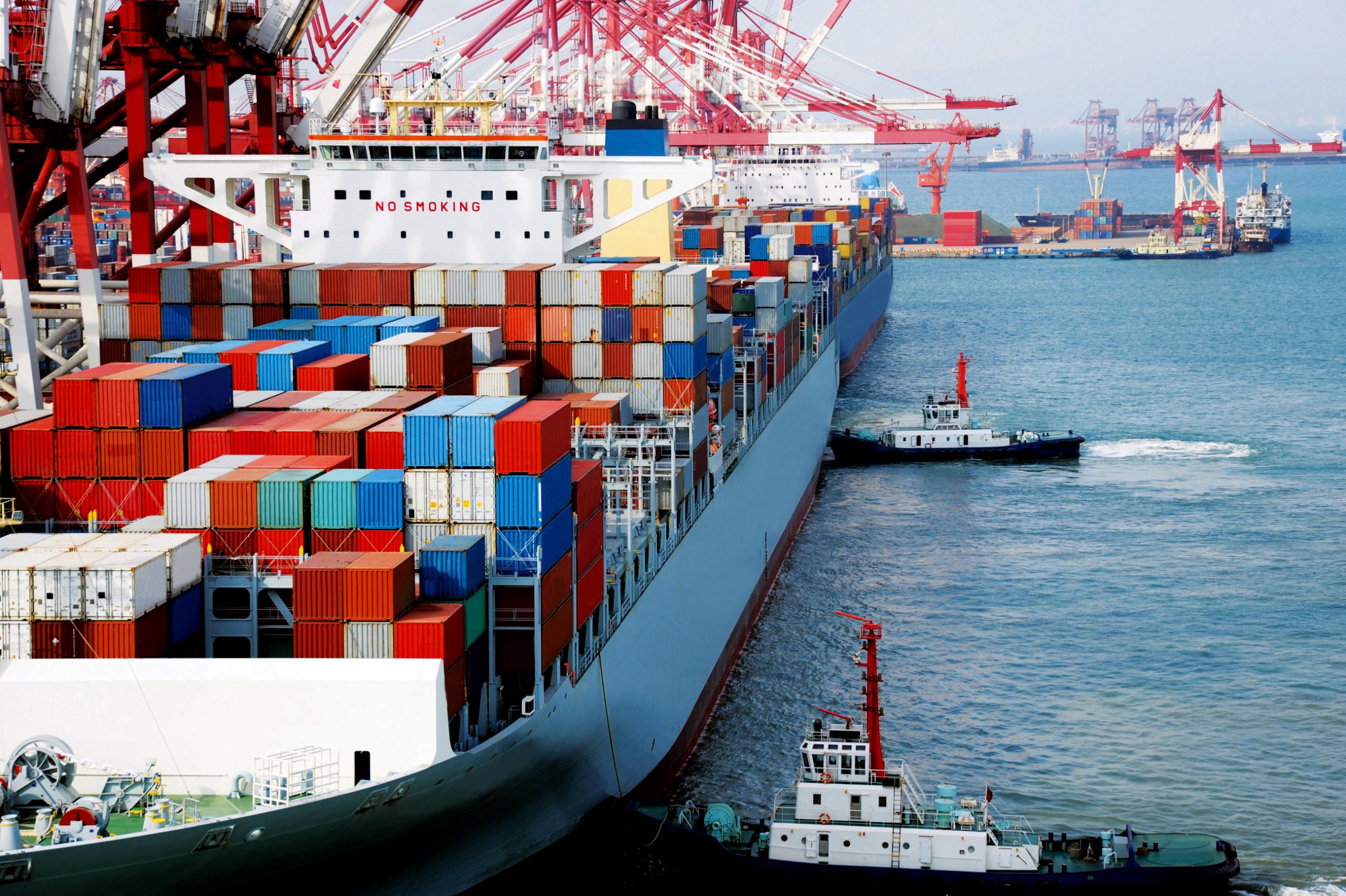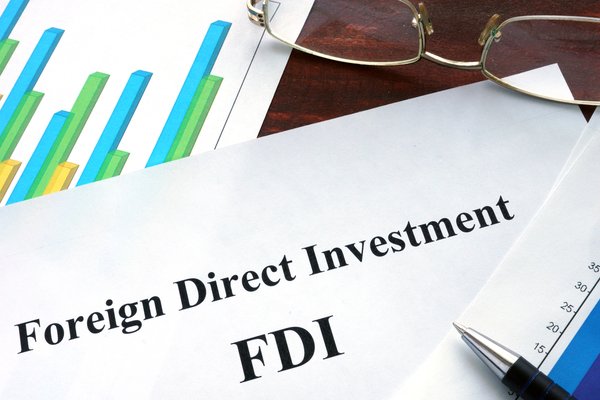The Dubai International Financial Centre (DIFC) is a prominent center for intercontinental companies that are having its base in the Middle East, Africa, and Asia. The DIFC Special Purpose Company (SPC), in particular, has become a favored method for either Islamic or a conservative, structured company formation in Dubai, and also for the acquisition, retention, and removal of an asset or for obtaining the financing over an asset as part of Dubai Company Registration.
An SPC is a company that is limited by its shares and is incorporated under DIFC law. The company so registered enjoys the benefits of no foreign ownership restrictions and no obligation to lease separate office space, coupled with a zero tax environment. However, every SPC must appoint a Corporate Service Provider (CSP) that is registered in the DIFC to be responsible for its registered office address, majority directors, and a corporate Company Secretary.
As merger and acquisition activity continues to develop in the UAE, there is a proper scope for Dubai company registration, and the SPC’s provide a legal and robust framework for company registration in Dubai.
The Dubai Investment Development Agency offers significant benefits regarding the protection of definitive beneficial ownership and the control of the transactional structure, while also satisfying the criteria of a company’s due diligence and corporate governance obligations.In concrete terms, there is no requirement to lease office space, to maintain, file and audit accounts, or to conduct an AGM.
An SPC, incorporated in the DIFC, is beneficial for parties looking to invest in other Gulf Cooperation Council (GCC) jurisdictions outside the UAE, who wish to be incorporated within the DIFC’s globally oriented and English-speaking supervisory and legal system. It provides compatibility to the multifaceted structures with other offshore and onshore authorities and is treated as a ‘national company’ where it is wholly-owned by UAE nationals.
This DIFC Special Purpose Company is boon for investors looking forward to placing their company formation in Dubai and still be part of the international business.
For company formation in DIFC log on to www.intuitconsultancy.com or mail us at [email protected]





























 IMC Group
IMC Group